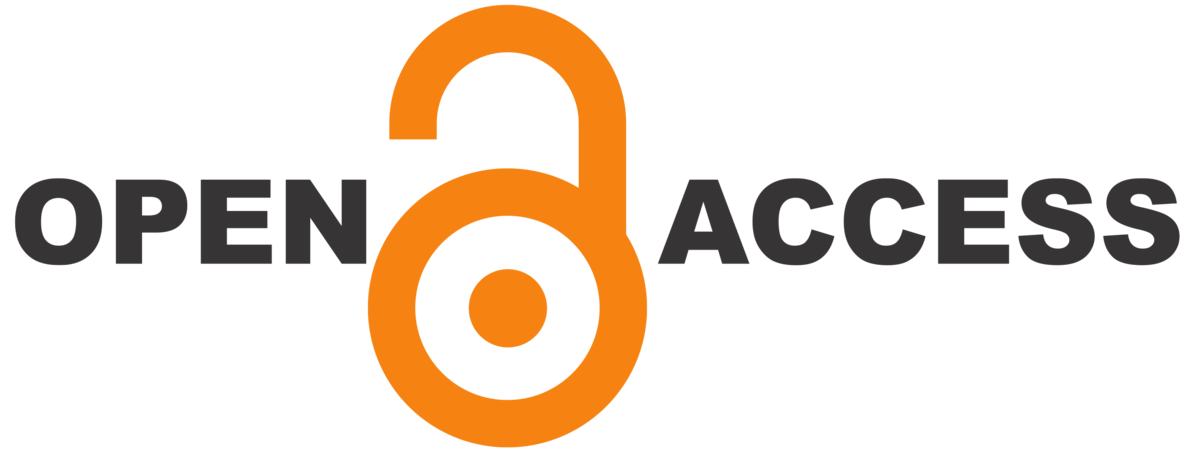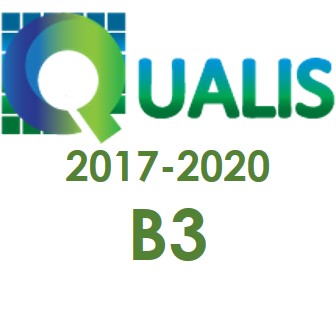DO ENSINO PRESENCIAL AO ENSINO REMOTO
A CONSTITUIÇÃO DO ETHOS DISCURSIVO DO ALUNO DE 6º ANO DO ENSINO FUNDAMENTAL
DOI:
https://doi.org/10.22481/folio.v13i2.9566Palavras-chave:
ensino remoto, ensino presencial, ethos discursivo, ensino-aprendizagem.Resumo
Neste artigo, refletimos sobre a construção do ethos discente na relação do aluno no processo de ensino-aprendizagem, durante a pandemia, em aulas remotas síncronas e em aulas presenciais, numa escola de educação básica na capital paulista. Com esse intuito, apresentamos o conceito de discurso, ethos discursivo, cenografia, a partir da teoria de Maingueneau (2011, 2015 e 2020) para discutimos a constituição do ethos discursivo do aluno. A partir da análise de um relato feito pelos alunos, analisamos o ethos discursivo, mais precisamente as dimensões categóricas, experimental e ideológica (MAINGUENEAU 2016; 2020). Valemo-nos, ainda, dos estudos de Moran (2015) sobre o ensino híbrido, além de tecnologias digitais no ensino híbrido (SUNAGA; CARVALHO, 2015; COSCARELLI, 2020). Pela análise apresentada, foi possível constatar que o ethos discursivo dos sujeitos desta pesquisa revelam a consciências que eles têm do momento por que passa o mundo em virtude da Covid e suas implicações para o processo de ensino-aprendizagem de língua portuguesa, sobretudo quanto aos desafios a serem enfrentados na prática pedagógica para a construção do conhecimento. O discurso apresentado pelos alunos corrobora para a ideia de que evidenciam um ethos mostrado em sua enunciação.
Downloads
Referências
ANTUNES, Irandé. Muito além da Gramática - por um ensino de línguas sem pedras no caminho. São Paulo: Parábola, 2007.
BRASIL. Presidência da República. Lei nº 9.394, de 20 de dezembro de 1996. Lei das Diretrizes e Bases da Educação. Estabelece as diretrizes e bases da educação nacional.
COSCARELLI, Carla Viana. Ensino de língua: surtos durante a pandemia. in RIBEIRO, Ana Elisa e VECCHIO, Polyanna de Matos (orgs.). Tecnologias digitais e Escola - reflexões no projeto Aula Aberta durante a pandemia. São Paulo: Parábola, 2020, p. 15-20.
DUDENEY, Davin, HOCKLY, Nicky, PEDRUM, Mark. Letramentos digitais. Trad. Marcos Marcionilo. São Paulo: Parábola, 2016.
FREIRE, Paulo. Pedagogia do Oprimido. Rio de Janeiro: Paz e Terra, 1987.
LEMOV, Doug. Ensinando na sala de aula on-line - sobrevivendo e sendo eficaz no novo normal. Porto Alegre: Penso, 2021.
LÉVY, Pierre. O que é virtual? Trad. Paulo Neves. São Paulo: Editora 34, 2011.
MAINGUENEAU, Dominique. Variações sobre o ethos. trad. Marcos Marcionilo. São Paulo: Parábola, 2020.
MAINGUENEAU, Dominique. Discurso e Análise de Discurso. Trad. Sírio Possenti. São Paulo: Parábola, 2015.
MAINGUENEAU, Dominique. Discours et analyse du discours - introduction. Paris: Armand Colin, 2014.
MAINGUENEAU, Dominique. Análise de textos de comunicação. 6. ed. ampliada. São Paulo: Cortez, 2011.
MAINGUENEAU, Dominique. Trmos-chave da Análise do Discurso. Belo Horizonte: Editora da UFMG, 2000,
SOLOMON, Hannah e VERRILLI, Beth. “Aprendizagem síncrona e assíncrona” in LEMOV, Doug (org.). Ensinando na sala de aula on-line - sobrevivendo e sendo eficaz no novo normal. Porto Alegre: Penso, 2021, p. 11-26
Downloads
Publicado
Como Citar
Edição
Seção
Licença
Copyright (c) 2022 fólio - Revista de Letras

Este trabalho está licenciado sob uma licença Creative Commons Attribution-NonCommercial 4.0 International License.












